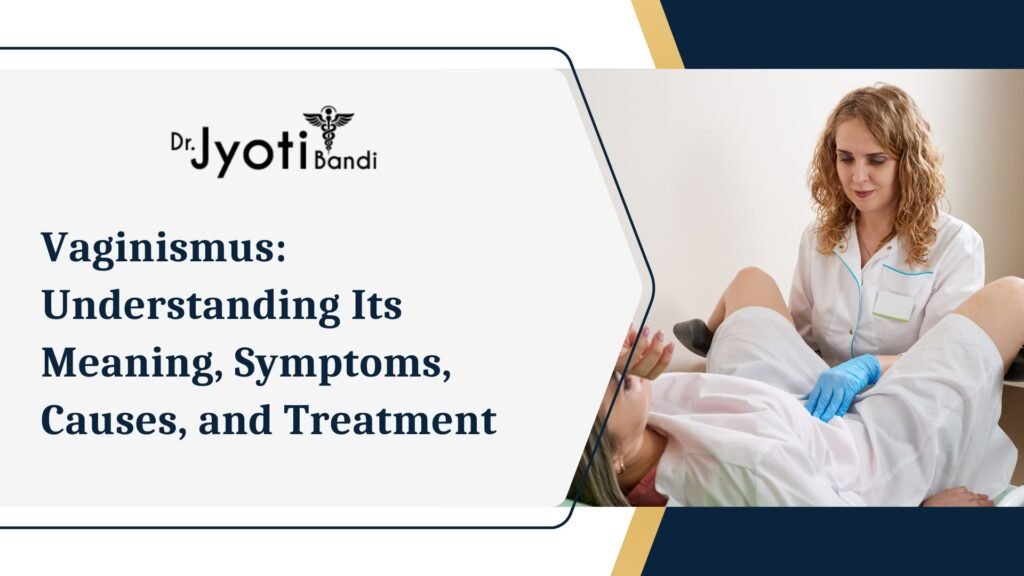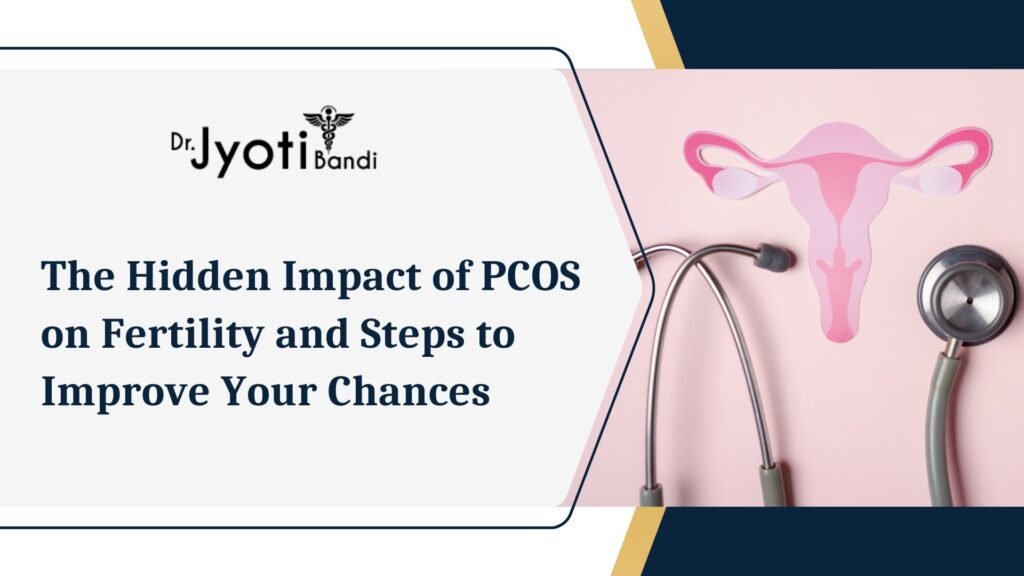How Do We Treat Vaginismus? A Complete Treatment at DYU Healthcare | Vaginoplasty Surgery Doctors in Bangalore
Vaginismus is a medical disorder in which spasms of the muscles of the pelvic floor make intercourse uncomfortable or even impossible. This condition can have an impact on the sexual health, relationships, and mental health of a woman.
At DYU Healthcare, we know how much vaginismus can physically and emotionally affect women and provide a personalized, integrated treatment plan. The staff of physiotherapists, psychiatrists, and gynecologists work together to treat the causes of the problems and assist women in taking back their bodies and lives.
Here, one will learn about different treatments provided by DYU Healthcare and how each specialist helps in the healing process.
Understanding Vaginismus
It is important to know what vaginismus is before we go into the treatment details. Vaginismus is defined as the spasm of the vaginal muscles each time there is an attempt to penetrate.
This tightening can be due to several reasons such as anxiety, past trauma or even fear of pain. The condition can lead to pain during intercourse, gynecologist visits, and even when using tampons. Vaginismus can be attributed to physical and psychological causes, and therefore, treatment entails both.
Vaginoplasty Surgery Doctors in Bangalore
At DYU Healthcare, our treatment approach revolves around collaboration between three main specialists: Gynecologists, Psychiatrists, and Physiotherapists. Every specialist has his or her part to play in treating various aspects of vaginismus.
1. Gynecologist: Medical Interventions for Vaginismus
It is noteworthy that DYU Healthcare’s gynecologists are involved in assessing the physical aspect of vaginismus. At times, surgery may be required to support physiotherapy and psychiatric treatment. The gynecologists recommend treatments that are aimed at relaxing the muscles and this is very helpful.
- Kegel’s Chair: A Non-Invasive Technique of Pelvic Muscle Stimulation
The Kegel’s Chair is an effective treatment that does not any invasive procedures and works based on the impact of electromagnetic waves to the pelvic floor muscles.
Women sit fully clothed on the chair, and the electromagnetic pulses make the muscles of the vagina contract and relax as in Kegel exercises. This treatment is not painful and it is useful in the reduction of muscle stiffness and assists women to regain control of the pelvic muscles without having to do some exercises by hand.
- Botox RX: Relaxing of the Muscles
For women with severe vaginismus, there is a more direct treatment: Botox injections. Botox, on the other hand, has the ability to paralyze the muscles for a while so that they do not contract while penetration is being made.
The effects of Botox last for several months, and thus, women get a chance to have sexual relations without pain and develop positive experiences while using the treatment. In particular, this treatment is effective for women with vaginismus that does not improve with other forms of therapy.
- PRP (Platelet-Rich Plasma) Therapy: Healing and Tissue Regeneration
The PRP therapy is a relatively new technique that employs the patient’s blood to stimulate the healing of tissues.
PRP is collected from the patient’s blood and then used to inject the vaginal tissues for healing and increased muscle strength. This treatment is most helpful for women who have scarring or damage to the vaginal tissue as it will heal quickly and decrease the pain of penetration.

2. Psychiatrist: Addressing the Psychological Factors
One cannot ignore the emotional and psychological aspect of vaginismus. In many cases, the condition is associated with anxiety, a history of abuse or other trauma, or profound concerns about sexual relations. A psychiatrist at DYU Healthcare is here to cater to these mental health aspects.
Psychiatric care involves:
- Cognitive Behavioral Therapy (CBT): CBT assists the women to overcome the negative cognitions that may be causing the vaginismus. For instance, most women with the condition are always worried that penetration will always be painful. CBT assist in changing such thoughts and the replacement is done with positive and empowering beliefs.
- Anxiety Management: Given that anxiety is a major cause of vaginismus, our psychiatrist assists women to learn how to deal with anxiety both during the intercourse and in general.
- Trauma Therapy: In cases where vaginismus is associated with past abuse or negative sex experiences, trauma counselling is usually important. Our psychiatrist helps women to overcome the trauma and guides them on the path of healing.
- Sex Therapy: If vaginismus impacts the relationship and sexual contact, then sex therapy can restore trust in the couple. This therapy is centred on interaction and creating non-intrusive forms of sexual interaction.

3. Physiotherapist: Rebuilding Pelvic Muscle Control
The physiotherapist’s task is to assist women in regaining the control over the pelvic floor muscles. Most women with vaginismus are not aware that the tension in these muscles is actually involuntary and through a specific physiotherapy exercise, the woman can be made to understand how to relax these muscles during sexual activity as well as other situations that may cause discomfort.
Our pelvic floor physiotherapy treatments focus on:
- Pelvic Floor Exercises: These exercises help strengthen the pelvic muscles thus enabling women to regain control over them. This is important in order to prevent spasms of muscles in the vagina during penetration.
- Trigger Point Release: The physiotherapist then uses his or her hands to apply pressure and massage the tense muscles, which will reduce the pain associated with vaginismus.
- Biofeedback: Biofeedback therapy involves use of visual display to assist the women to see how their pelvic muscles work, thus being able to find out how they can relax the muscles.
- Dilator Therapy: In a physiotherapist’s supervision, women insert dilators of different sizes and thus are trained to be penetrated in a painless manner.

The Road to Rehabilitation in DYU Healthcare
The strategies that we apply in our treatment process are individualized to fit each woman so that the process is both efficient and sensitive. We know that sometimes, it’s difficult to deal with vaginismus, but we want you to know that it is possible to heal.
So if you or someone you know is suffering from vaginismus, do not hesitate to consult DYU Healthcare. We are here for you to take the first step towards a pain free, meaningful life.


